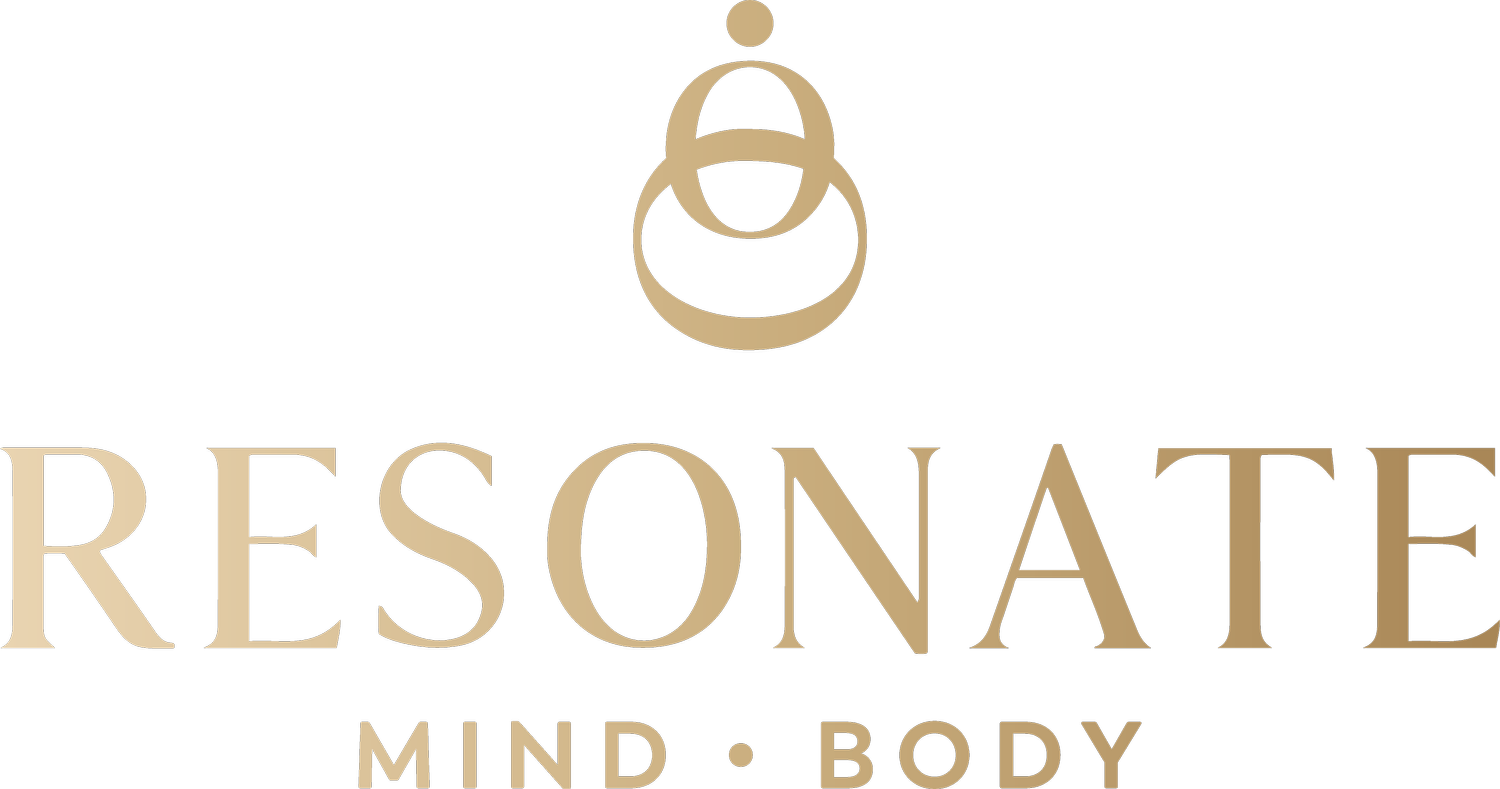Resources
-

The Dairy Myth
Consuming adequate amounts of calcium is essential to maintaining strong and healthy bones. Through clever marketing, the dairy industry has convinced many of us that only by consuming lots of dairy products can we maintain healthy bones. Nutritionally speaking this is not correct.
-

The Gluten Issue
Even if you are not “gluten sensitive,” is it still beneficial to cut out gluten? Yes, absolutely, 100 percent! Why? Why is gluten bad? Because of a farming technique called crop desiccation and a provocative chemical named glyphosate.
-

Blood Glucose Handling
When you eat, the sugar (or glucose) in that food goes into your bloodstream. You might have heard of the terms high GI and low GI. GI stands for Glycemic Index. The Glycemic index or GI of a food is determined by how fast the glucose from a food gets from your gut to your bloodstream.
-

Breathing Retraining
The way we feel is affected by the way we breathe. For example, when we are upset, we are often told to ‘take a few deep breaths’. This is not quite right, however.
-

Stress & Burnout
The simple truth is that all the leading causes of death in the western world can in one form or another be attributed to dysfunction of the HPA axis. Given this knowledge alone, every patient should be suspected of having a percentage of HPA axis dysfunction prior to assessment.
-

Home Thyroid Assessment
Basal body temperature, which is controlled by the thyroid and can be a better indicator of how much T3 is active inside cells than blood tests, is a good way of assessing basal metabolic rate and the progress of therapy.
-

Biofilms
Biofilms are formations that occur when a group of microorganisms such as bacteria, fungi, parasites and viruses attach themselves to a surface and create a colony. The biofilm forms itself into a type of ‘shield’ that has a glue-like consistency, often referred to as ‘slime’.
-

Beetroot Cleanse
This is a gentle liver & gallbladder cleanse that has many benefits, such as: better digestion & elimination, increased energy & concentration, and often resolves menstrual issues.
-

High Oxalate Foods
Because oxalates bind to calcium as they leave the body, they can increase the risk of kidney stones in some people. If you’re prone to kidney stones or have kidney disease, your doctor may recommend you follow a low-oxalate diet.
-

Mini Supplement Guide
Here is an incomplete supplement guide that provides you with information about what foods are high in what nutrients.

